Swiss back new plan to stem migration
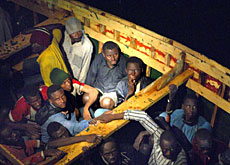
Switzerland's top aid official says new international guidelines for tackling illegal migration from Africa to Europe are "an important first step".
Speaking at the end of a two-day conference in Morocco, Walter Fust said closer cooperation among countries was now needed to ensure that the root causes of migration were addressed in a meaningful way.
Fust, who is head of the Swiss Agency for Development and Cooperation (SDC), joined ministers and senior officials from almost 60 European and African countries in the Moroccan capital Rabat to discuss migration and development issues.
The conference ended on Tuesday with participants adopting a detailed programme of action, consisting of 62 recommendations, to monitor migration, crack down on human trafficking and make aid to Africa more effective.
“Everyone is aware that time is running out and illegal immigration cannot be dealt with simply with money, but with legislation, political will, mutual understanding and prospects for young people,” said Fust.
The conference was called by Morocco and Spain in the wake of last autumn’s mass crossings by sub-Saharan migrants into Ceuta and Melilla, Spanish enclaves on Morocco’s northern coast.
This year has seen a big increase in the number of migrants landing on the Canary Islands, which lie off the southern Moroccan coast.
Around 10,000 African migrants have landed there so far this year – more than double the figure for the whole of last year, according to the Geneva-based International Organization for Migration. European Union officials say an estimated 40 per cent of those trying to cross the Mediterranean die in the process.
Job creation
Fust said the Swiss had called for “development aid to be much more oriented towards job creation”, as well as appealing for the human rights of migrants to be respected. He added that differences remained on both sides of the Mediterranean on a framework for allowing African migrants to work legally in Europe.
Fust also warned that the issue was not limited to West Africa, and that Africa as a whole needed to wake up to the problem and come up with answers. “This debate needs to be heard at the heart of the African Union, because migratory flows will soon affect the east of the continent,” he said.
On Monday the European Union announced it was sending $3.2 million (SFr3.9 million) to help Mauritania patrol its borders and help pay for the repatriation of migrants from elsewhere in Africa caught crossing the North African nation.
The EU has identified Senegal and Mali as the top countries of origin, saying migrants mostly use the coastal nations of Mauritania and Morocco to get to Europe.
Fust told swissinfo that any additional money from Switzerland was unlikely since its development aid budget for Africa was fixed for this year and that any increase could only come at the expense of SDC operations elsewhere.
The Rabat conference is expected to be followed by another before the end of the year involving the EU and the African Union and focusing on other migrant routes further east.
swissinfo, Adam Beaumont with agencies
According to the Global Commission on International Migration, the number of migrants is increasing significantly.
In Europe alone there are 56 million migrants, only 5% of whom are refugees.
Twenty-five years ago, 82 million people worldwide were considered migrants; in 2000, the figure had risen to 175 million.
In the past five years, another 25 million have been added.
There are believed to be around 130,000 illegal immigrants in Switzerland.
The Rabat document proposed more coordination for patrolling borders and sea routes, a Euro-African migration observatory to track people’s movements and measures to increase awareness of the dangers of illegal migration, especially among young people in the poorest parts of Africa.
Countries will try to smooth procedures for repatriating illegal migrants and clarify rules on how they are treated to preserve their dignity.
The plan puts a new emphasis on the positive side of migration by promoting incentives to get more Africans into universities on both continents, set up a Euro-African business forum and help migrants returning home to start businesses.

In compliance with the JTI standards
More: SWI swissinfo.ch certified by the Journalism Trust Initiative
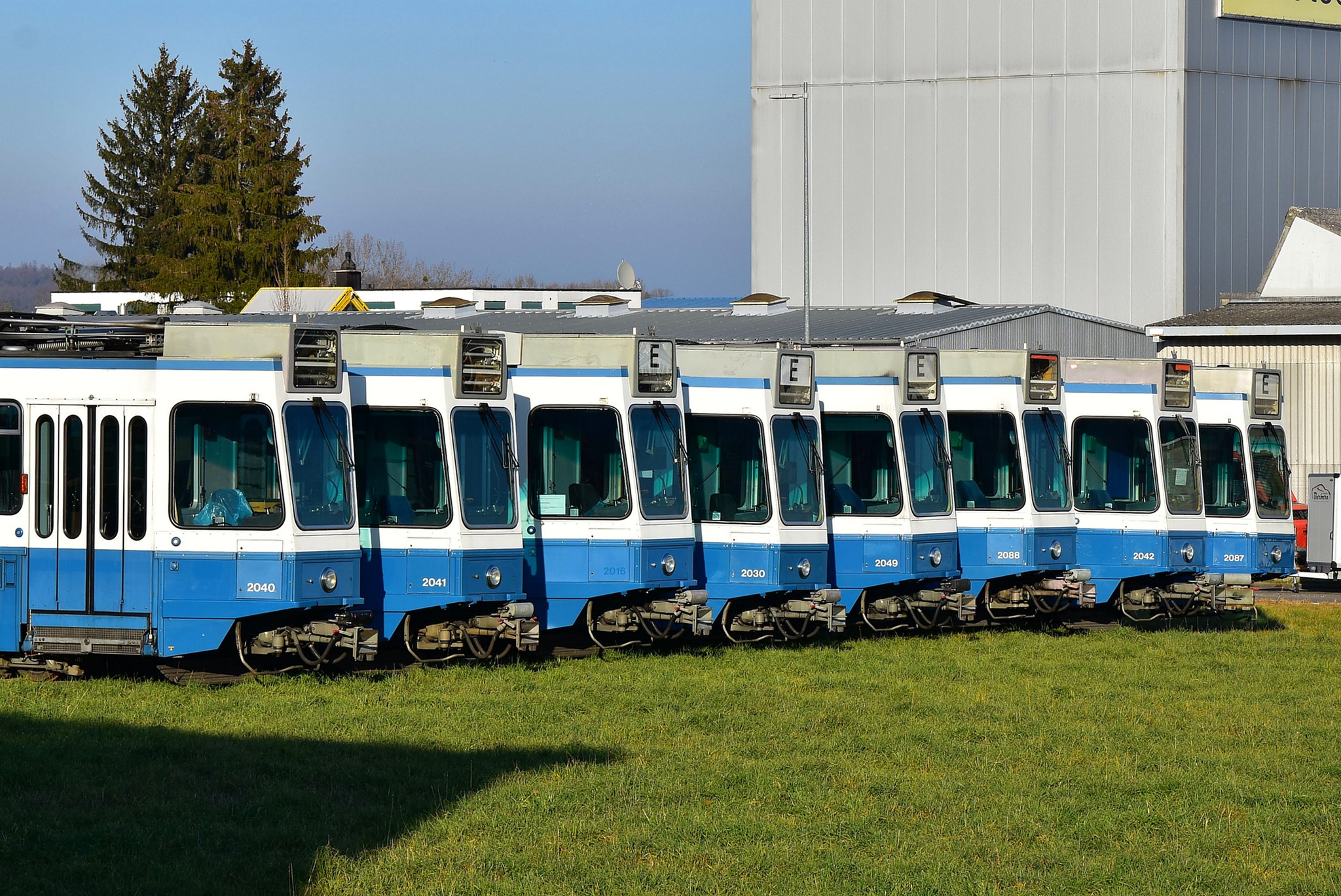

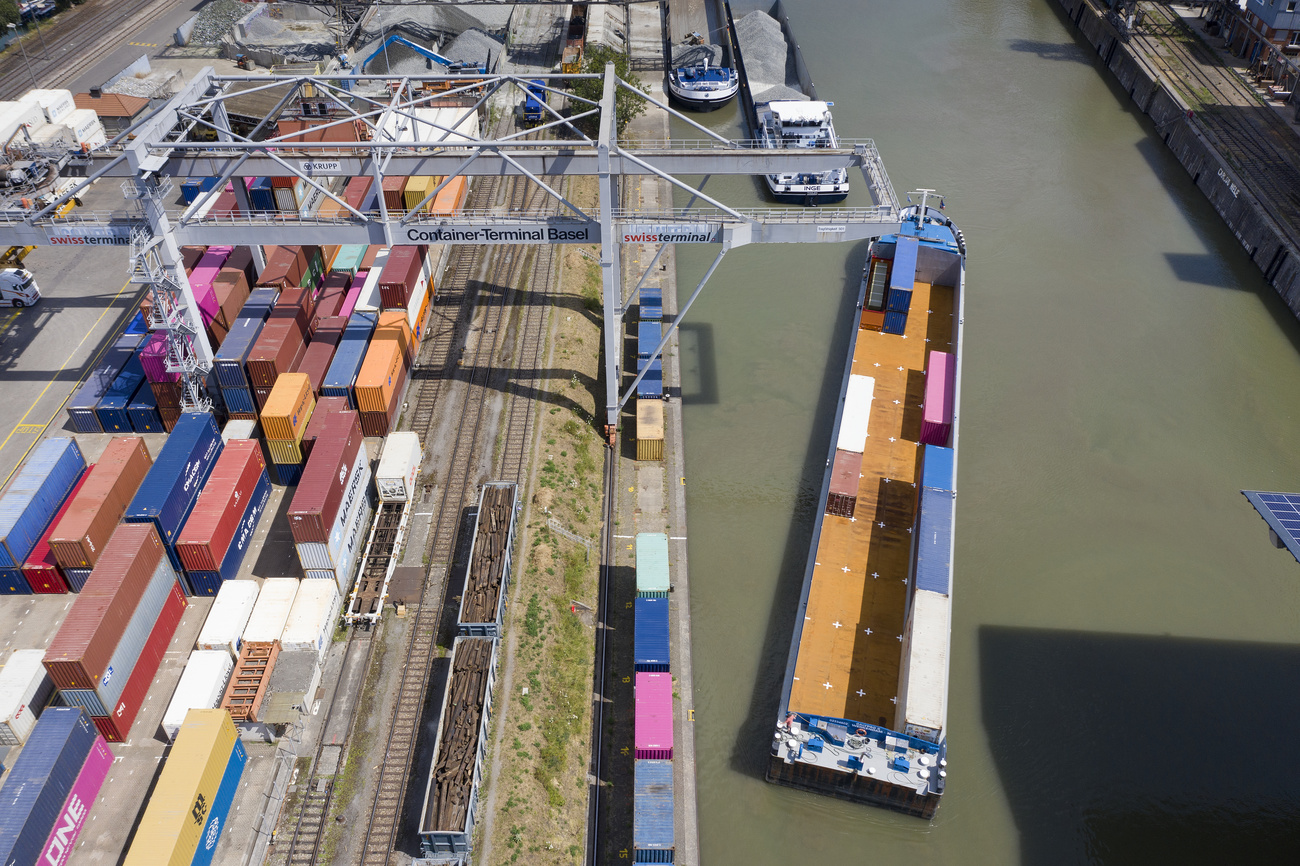

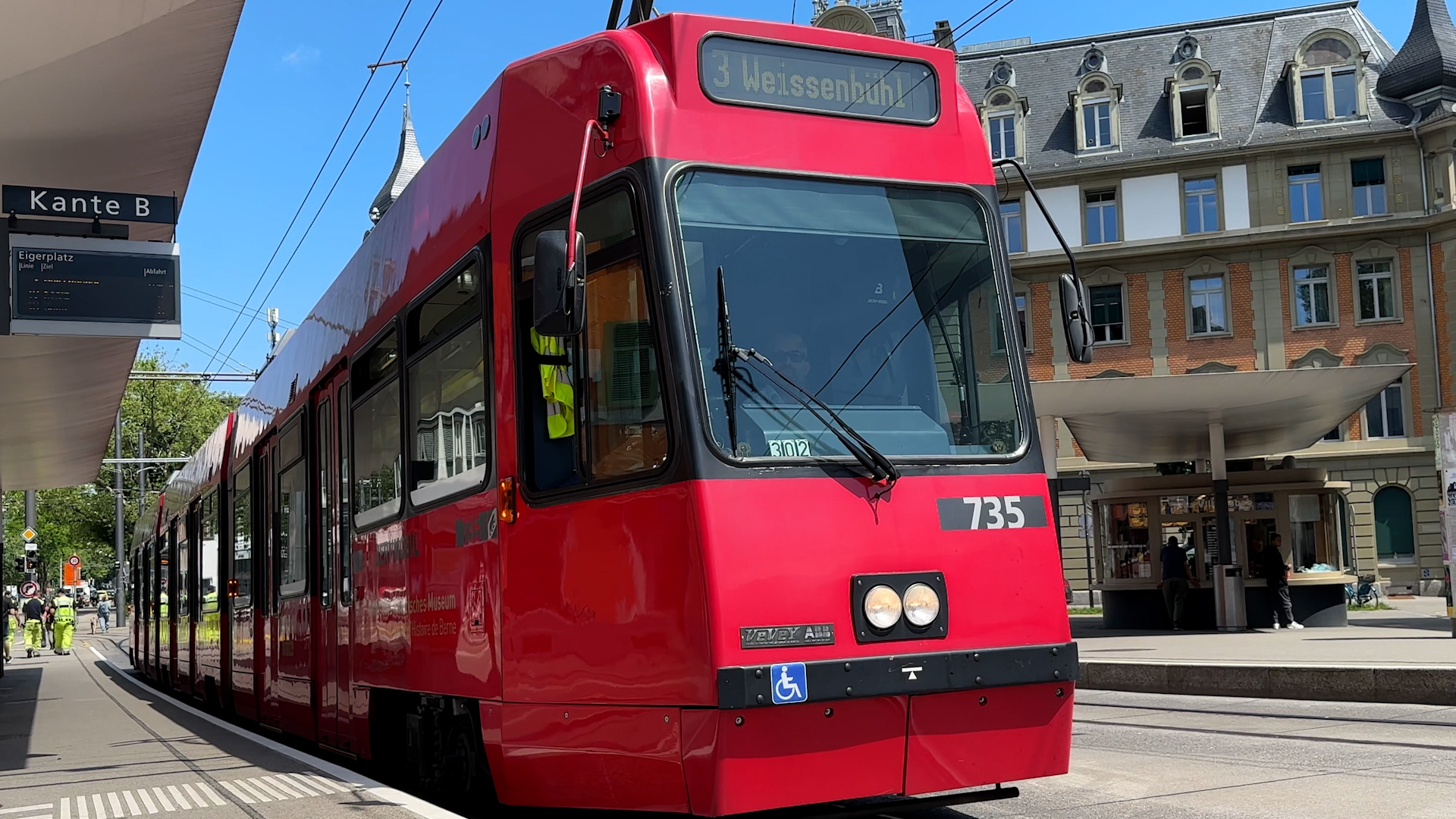


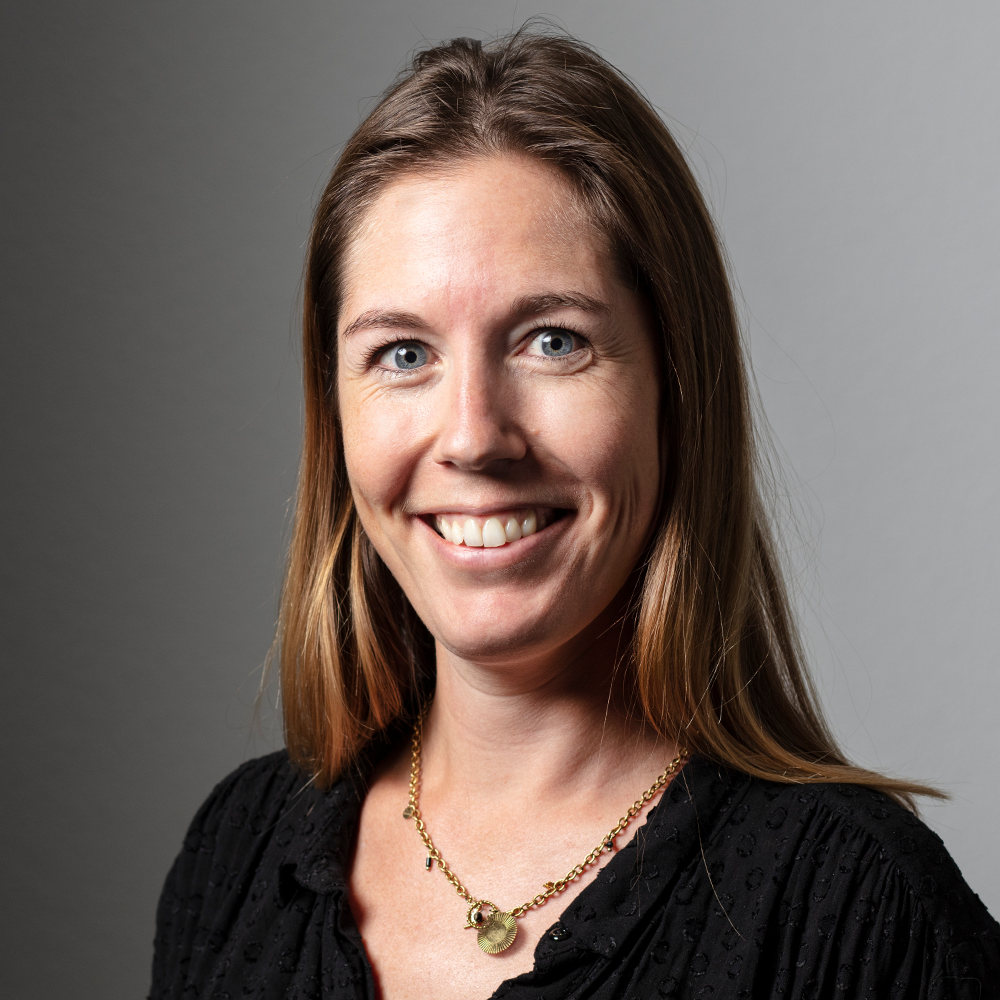
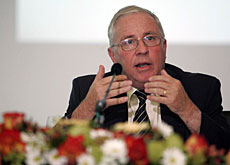
You can find an overview of ongoing debates with our journalists here . Please join us!
If you want to start a conversation about a topic raised in this article or want to report factual errors, email us at english@swissinfo.ch.